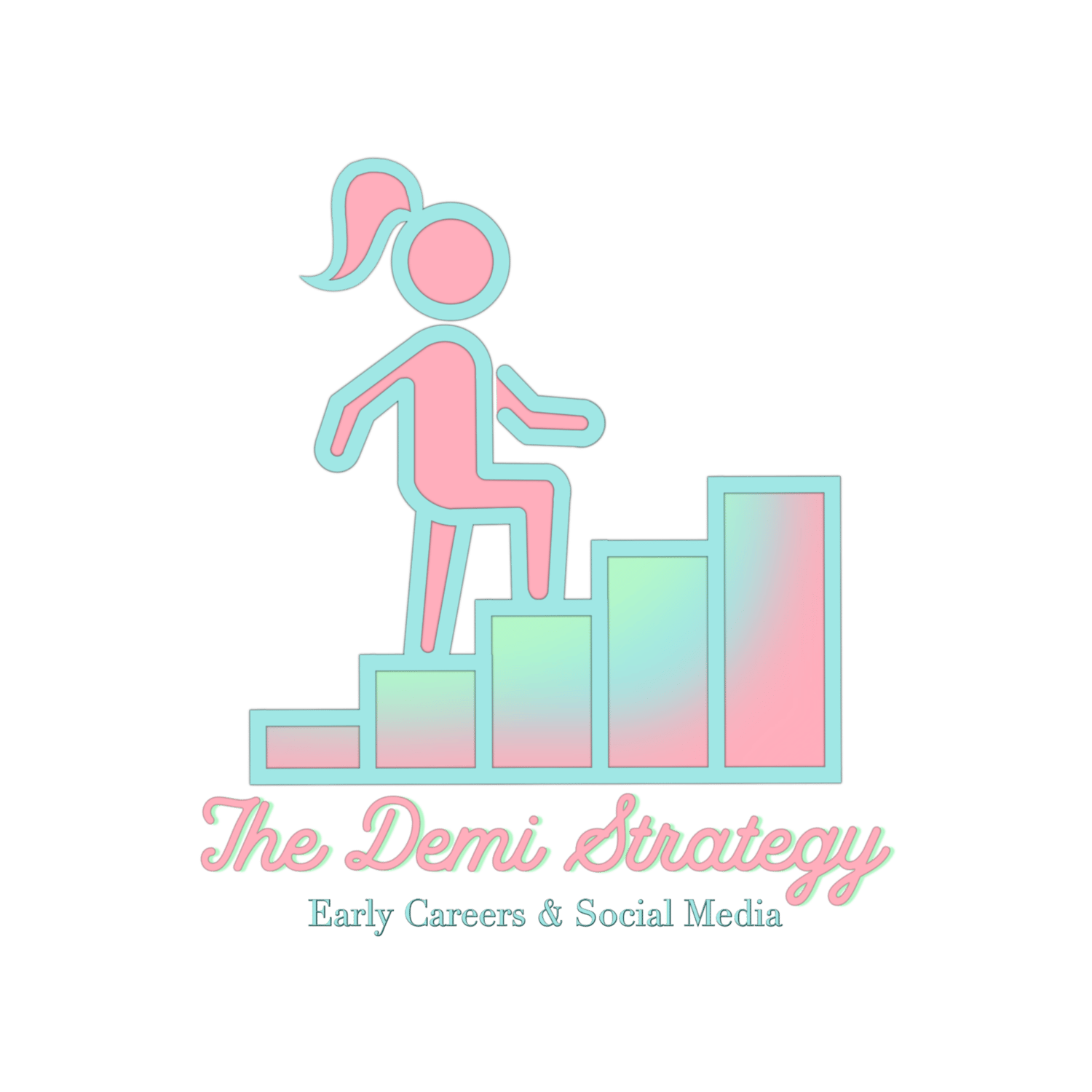Almost inherent to building your career is facing rejection. I’ve spoken to clients who have asserted that they avoid applying for specific roles because they are afraid that they will get rejected. It is so easy to fall into the trap that a rejection means that you aren’t “good” enough.
From experience, it rarely seems to be the case that people aren’t “good” enough for specific opportunities, especially early on whilst building a career. The essence of internships, new grad and early career programmes, is to help you build the skills necessary, and the aim is to identify people, not finished products. The people receiving the opportunities that you’re working towards aren’t intrinsically “better” than you.
Essentially, a lot of the time, rejections occur for reasons like:
Maybe Your CV Has Outdated Information or Errors
Small things like forgetting to update your CV with your latest work experience or using an outdated CV format may have contributed to you getting a rejection. Another thing to think about is errors like typos and grammatical mistakes featuring in your CV. This is particularly relevant in industries where attention to detail is highly important, such as in the professional services, journalism, and legal industries. Sometimes people get drawn to the extravagant CV/”Resume” styles we see online, but recruiters emphasise quite a lot that it is the content of the CV that matters the most, not to be neglected.
Maybe You Didn’t Include a Cover Letter
Whilst not providing a cover letter at all is better than providing a generic one, it may be worth supporting your applications with cover letters. The ease of applying on Indeed, LinkedIn “Easy Apply” and the likes means that those who support their applications with stand-out letters, will be able to show enthusiasm and their transferable skills. Failing to include one may result in you falling in with the crowd. Realising how easy it is for applications to fall into the crowd when applying on job boards, I wrote an e-book after speaking to employers who use the site and employees at Indeed.com, if you’d be interested in this, you can check it out here
Maybe You Didn’t Tailor Your Application
The advice to tailor your application is often provided but people fail to elaborate on what that actually means for you. It may mean highlighting how company values relate to your previous experiences/interests, it may mean focusing on how a company performs well in a specific sector that you can provide evidence that you have developed your knowledge in or it may mean discussing how a particular perk (ie learning.educational allowances) impressed or drew your attention because it shows where the company’s priorities lie. There are so many specific areas that you could focus on with motivational questions or addressing the motivational element of your cover letter, listing them all is beyond the scope of this post but a new post is in the works over at The Demi Strategy’s Instagram page - click here :)
Maybe You’re Applying to Too Many Roles at Once
Although it seems intuitive to apply to as many jobs as possible when you’re trying to land your next or first role, that kind of paves the way for more hiccups or small mistakes along the way. For example, applying to 20 companies instead of 5 might mean that you accidentally write the wrong company name in your application. Applying to numerous companies may not give you the time to effectively network, which could give you an edge in the application process. Feel free to slide into my DMs if you want to hear about how a previous client of mine was sent a highly detailed PDF application prep by a stranger just because I got her in the habit of leveraging LinkedIn to avoid rejections.
Final Thoughts
There is one thing in common with the few “maybes'' that I’ve listed here, did you notice? The main linking factor is that none of these reasons have anything to do with you but more to do with things you can change about how you approach the job-search process. You, as a person, are more than good enough for the opportunities you want to be aligned with, but it may be worth being reflective of the processes you implemented leading up to your rejection.
I talk a lot about implementing strategy & processes when building your early career, as well as sharing new job opportunities in my newsletter, feel free to sign up here
Yours,
Demi | Careers Counselling (Certified) | CV & Interview Skills (Certified) | Graduate Recruiter
For more bite-sized content, don’t forget to subscribe to this blog and visit The Demi Strategy on Instagram, Twitter & LinkedIn

